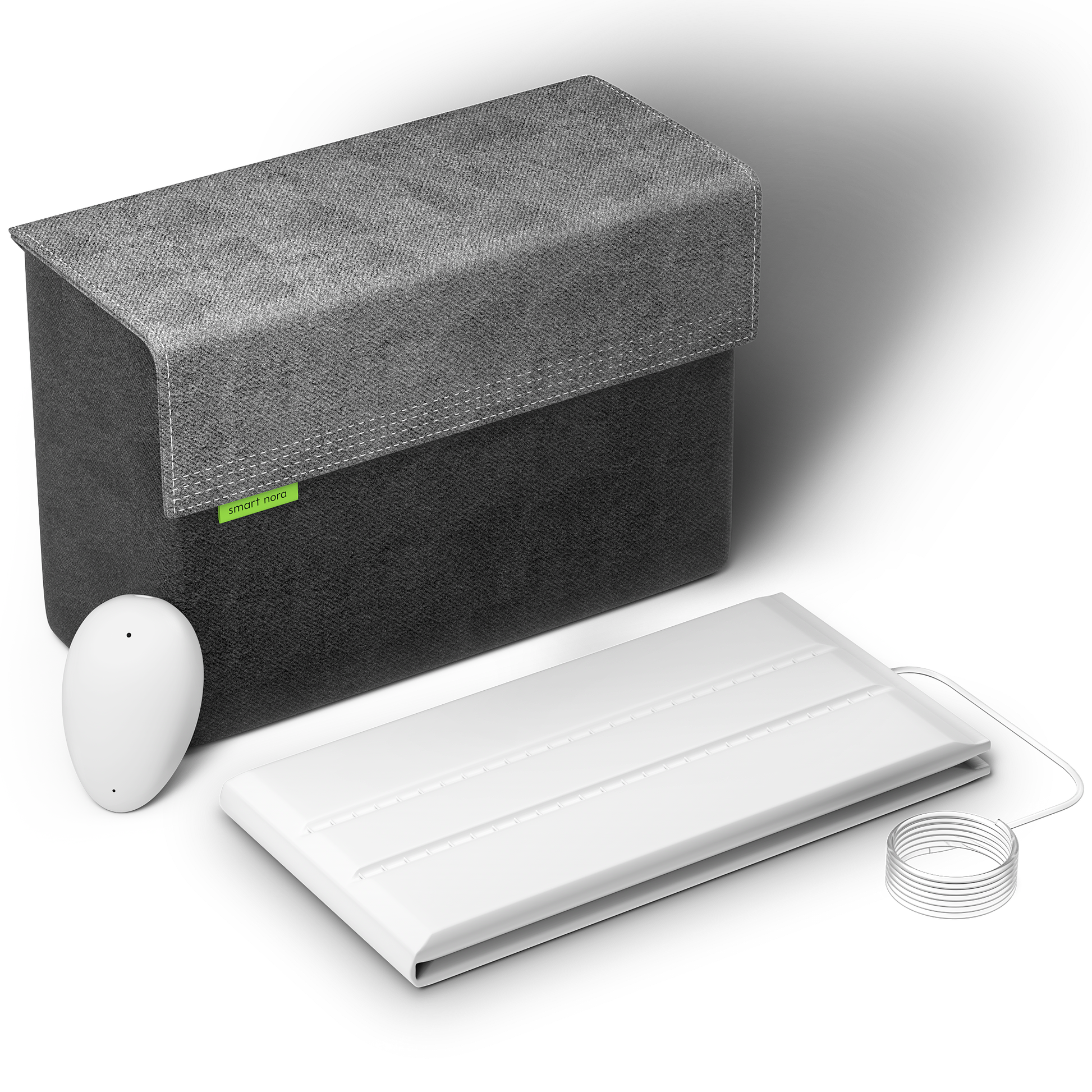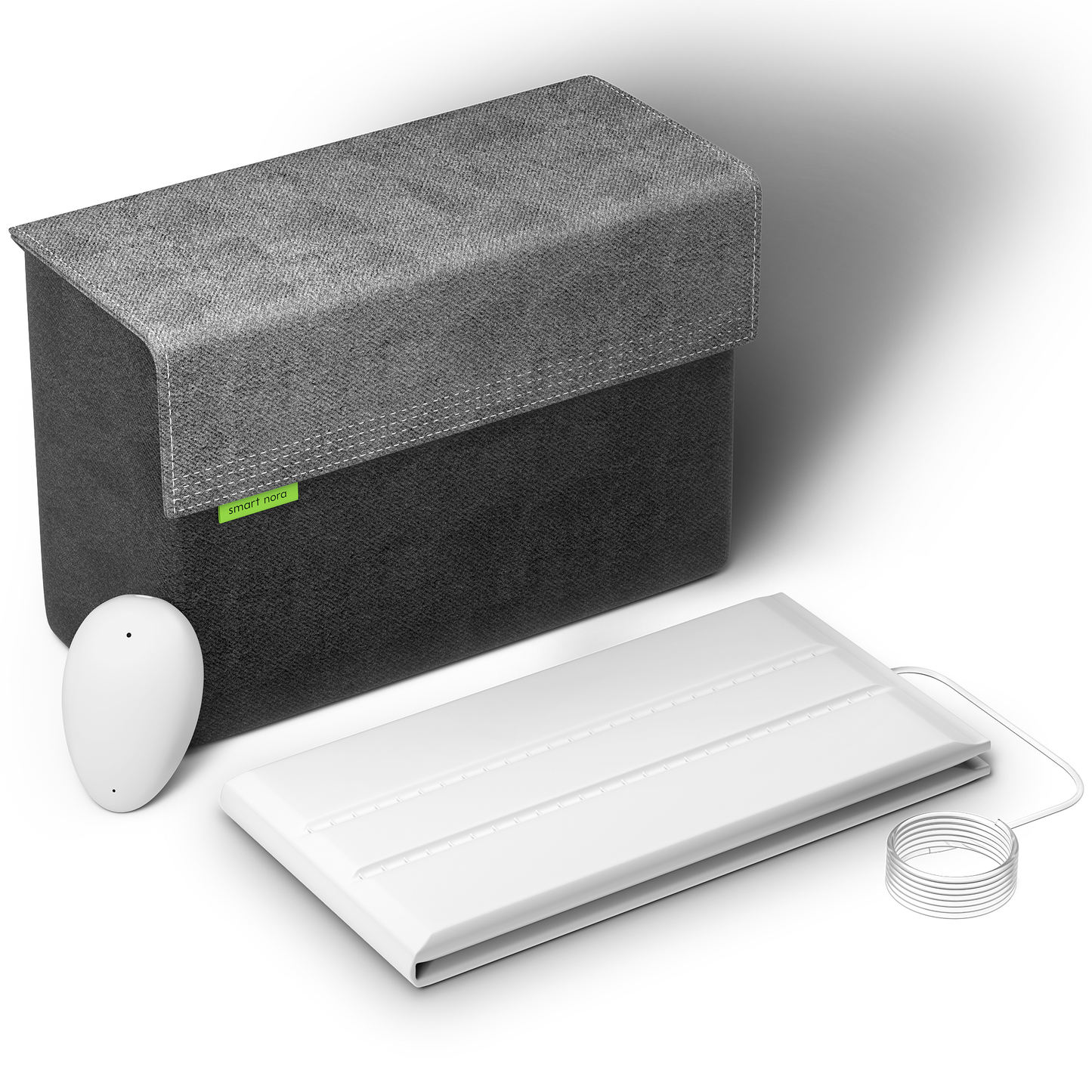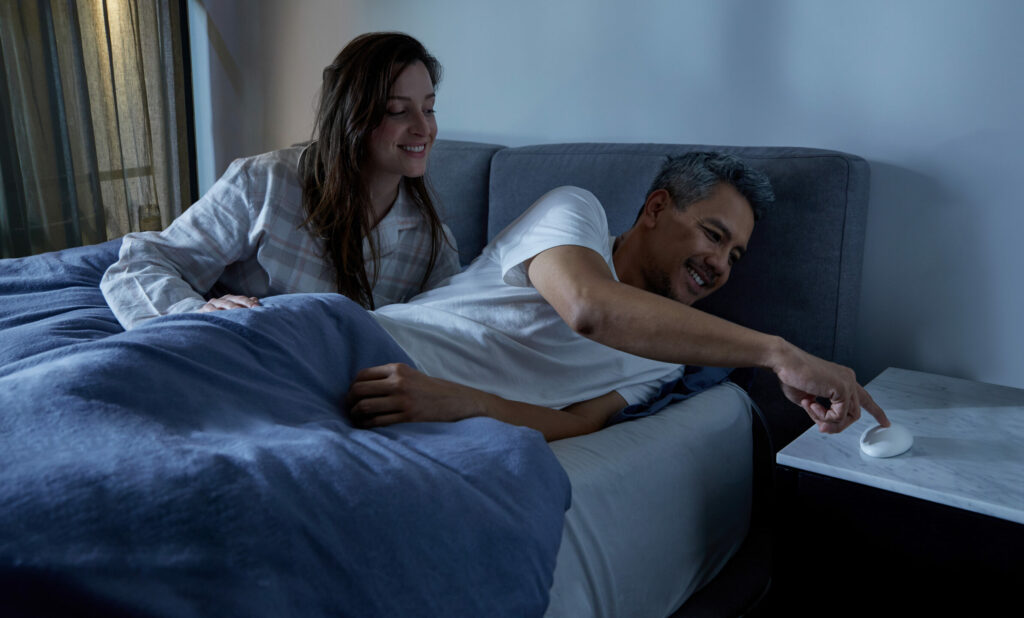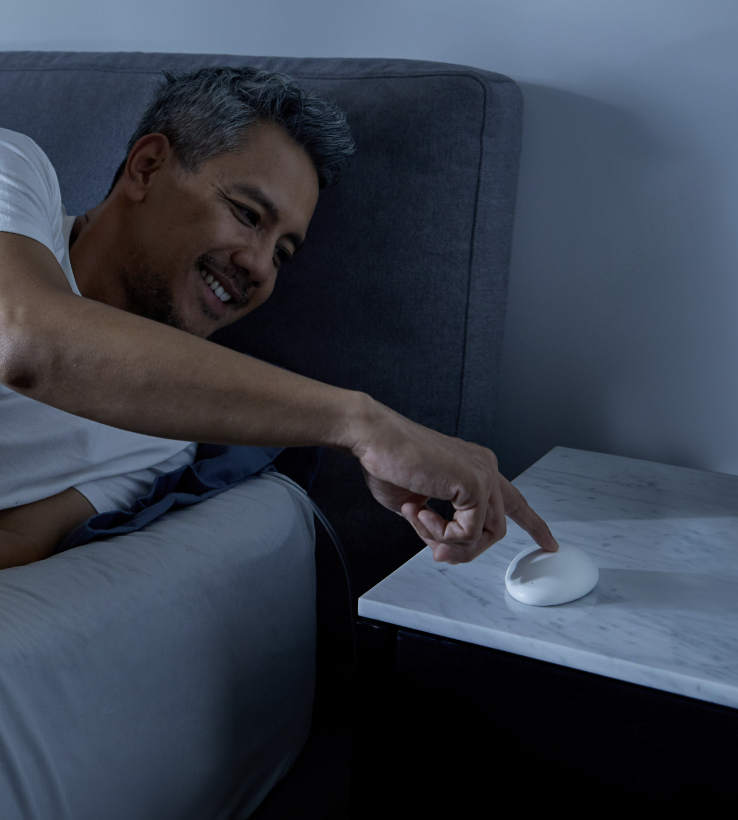Who doesn’t want to hit the sack after an exhausting work day? You come home, jump into the shower, put on some scented candles, and climb into bed wearing your favorite hoodies or t-shirts. Before you know it, you’re falling fast asleep.
Alas, you wake up in the middle of the night, either shivering or struggling to get rid of your blanket because it is so hot you cannot stop sweating! The next one hour of your sleep cycle is spent with you trying to figure out the right temperature to fall asleep to, and in the morning, you are back to the same sleep-deprived person you were a day ago.
Wondering what the best temperature for good sleep is? Scientists have found that the temperature in your bedroom can significantly affect your sleep quality. This is because our bodies experience a slight dip in the core temperature in the evening or towards the end of a long day. So, reducing the room temperature might be a smart solution to have amazing and uninterrupted sleep.
How Does Temperature Affect Sleep?
Our sleep cycle is regulated by circadian rhythm, which is controlled by the hypothalamus. This circadian rhythm runs on the light-and-dark cycle of the Sun and accordingly signals our body when it is time to sleep and wake up. Our body gets its cues from many personal and environmental factors, such as the amount of light exposure, exercise, and, of course, temperature.
Our core body temperature is around 98.4 degrees Fahrenheit (37 degrees Celsius). However, this temperature fluctuates throughout the night, experiencing variations upto 2 degrees Fahrenheit. This drop in temperature starts about two hours before you start feeling sleepy, along with the release of the sleep hormone melatonin. Therefore, during sleep, your body experiences a dip in temperature, which gradually restores itself towards the time of waking up and throughout the day. Hence, it is important to keep your surrounding temperature in tune with your body’s temperature to ensure a sleep free of disturbances such as snoring. As per a study, snoring issues such as obstructive sleep apnea is more severe at 16–20 degrees as compared to 24 degrees (the room temperature).
What Happens When the Temperature Changes?
While a colder bedroom is not believed to have severe effects on your sleep cycle, a warmer bedroom can.
Warmer temperatures can cause discomfort and restlessness, making it hard for you to fall asleep. Anyone who has slept in a congested and warm room knows the horrors of sweating on their pillows, squirming for hours on end, and not being able to fall asleep. A warm bedroom interferes with your body’s thermoregulation and induces a feeling of fatigue. While you may feel mentally and physically tired, you will not be able to fall asleep.
Body temperature doesn’t only affect the sleep onset but also your quality of sleep. A hotter body temperature has been proven to cause a decrease in the amount of restorative slow-wave sleep that a person gets. On the other hand, if your body cannot draw heat away from your core efficiently, your sleep efficiency can be adversely affected, including higher chances of waking up during the night and snoring while sleeping.
Since our body automatically experiences a dip in core temperature while sleeping, turning the thermostat down is an innovative solution to signal your body that it is time for bed.
The Ideal Temperature for Falling Asleep
Now that you know how temperature can make or break a good quality sleep, let us look at the ideal temperature for a good sleep cycle. The best bedroom temperature for sleep is approximately around 65 degrees Fahrenheit (18.3 degrees Celsius). Although this varies by a few degrees from person to person, doctors recommend keeping the thermostat between 60 and 67 degrees Fahrenheit (15.6 to 19.4 degrees Celsius) for the best quality of sleep.
The Perfect Temperature for Pregnant Women
For pregnant women, the ideal temperature is the same as it would be for any average adult, that is, between 60 and 67 degrees Fahrenheit (15.6 to 19.4 degrees Celsius).
The Ideal Temperature for Infants
On the other hand, if your baby is struggling to get a good sleep because of this issue, setting the room temperature to 69 degrees Fahrenheit (20.5 degrees Celsius) is a good way to get them to sleep.
Setting the Perfect Temperature
Now that you know the ideal temperature you need for good quality sleep, you can use these clever tricks to keep the temperature optimal.
- Close the blinds to prevent heat build-up during the day.
- Turn down your thermostat at night.
- Use air conditioning during summers and hot water bottles during colder nights in the year.
- To promote ventilation, open your windows at night.
- Take a warm bath a couple of hours before bed to promote a natural cool-down effect on your body before sleeping.
Embrace the Warmth of Sleep
Whether it is a hot night giving you the sweats or a thin night suit that makes you shiver, it is essential to be mindful when it comes to sleeping at the right temperature. The key to a healthy lifestyle and a smart sleep schedule includes a lot of sleep hygiene habits, including setting the right temperature to sleep in, eating right, and even finding solutions to your snoring problems.
But for now, try these tips and tricks when you feel yourself tossing and turning in your bed the next time. Make your way to the cold side of the pillow!














